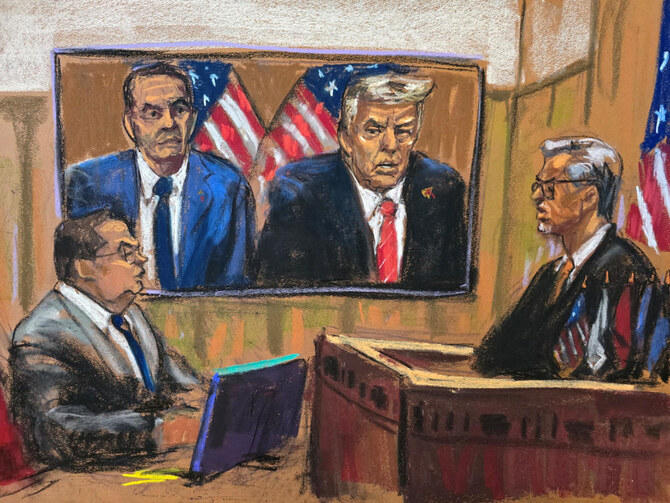What happened:
Most European economies are reopening, some more aggressively than others. Stores throughout the continent will start welcoming shoppers again amid strict distancing rules.
UK Prime Minister Boris Johnson changed his guidance from stay at home to stay alert, which caused confusion. Scotland, Wales, and Northern Ireland have maintained their lockdown measures.
US President Donald Trump was trying to convince Americans to go back to work.
The European Commission was threatening to sue Germany over the verdict of the constitutional court questioning the legality of the European Central Bank’s (ECB) bond-buying purchases. The ECB and the European Commission both argue that the European Court of Justice has jurisdiction over the bank, never a national court.
The German constitutional court’s verdict has two adverse effects on the ECB’s ability to function: One is legal, in terms of who has jurisdiction over the ECB, and the other threatens its monetary policy, potentially undermining the foundation of the euro.
While it is clear the European Parliament has oversight over the ECB, understanding where jurisdiction lies is equally important.
The ruling potentially undermines the ECB’s ability to step up as needed the 750-billion-euro PEPP (Pandemic Emergency Purchase Program) by questioning the legality of the Public Sector Purchase Program, the PEPP’s precursor during the financial crisis.
China’s central bank, the People’s Bank of China (PBOC), vowed to step up its policy response to the coronavirus disease (COVID-19) pandemic crisis, by paying more attention to economic growth and jobs while balancing multiple policy targets. The PBOC refrained from making more specific announcements in its quarterly monetary policy report.
Saudi Aramco was reported to be in early negotiations about further drawing out the payments of the $69 billion for the purchase of a majority stake in SABIC.
Saudi Minister of Finance Mohammed Al-Jadaan announced measures to rationalize spending worth SR100 billion ($26.6 billion).
They included a tripling of VAT to 15 percent and cutting the SR1,000 per month living allowance to state workers, which had been temporary from when it was granted in 2018. Civil service salaries for new entities will also be reviewed.
The finance minister said that the measures should be seen in the context of reallocation of spending to healthcare and supporting people’s livelihoods, rather than outright spending cuts. The borrowing plan was to be maintained at the current level of SR200 billion. This should preserve fiscal strength and ensure reserves were maintained.
Stock markets in the region fell on Al-Jadaan’s announcement while bond markets rallied.

Background:
In a statement, carried by the Saudi Press Agency, Al-Jadaan said that while the measures were “painful,” they were “necessary and beneficial to protect fiscal and economic stability in the short and long term.”
As the minister said, the measures would allow the country to maintain its reserves and fiscal stability, while putting the necessary focus on healthcare and livelihoods.

Where we go from here:
On Friday, the US unemployment rate for April came in at 14.7 percent. Larry Kudlow, director of the US National Economic Council, told Bloomberg that he expected the American economy to rebound significantly in the second quarter. He expressed hopes that as many as two thirds of the people who lost their jobs might regain them.
This contrasted with the predictions of Neel Kashkari, president of the Federal Reserve Bank of Minneapolis, who said there was worse to come in terms of unemployment and called for further fiscal stimulus.
Kudlow also voiced optimism that the US could avoid going back into lockdown, even if COVID-19 cases increased again, because technology and equipment was in place to avoid this.

— Cornelia Meyer is a Ph.D.-level economist with 30 years of experience in investment banking and industry. She is chairperson and CEO of business consultancy Meyer Resources.
Twitter: @MeyerResources




























